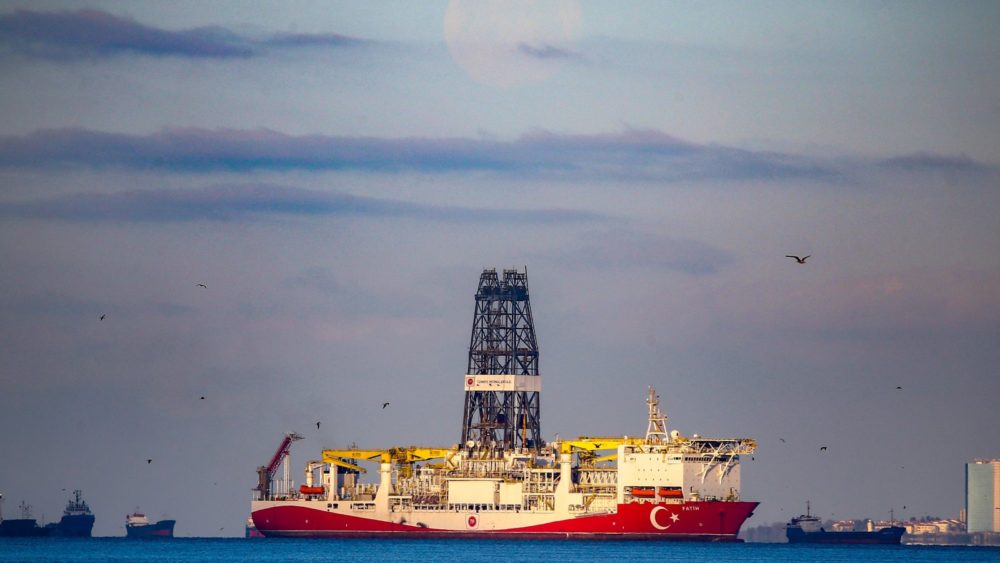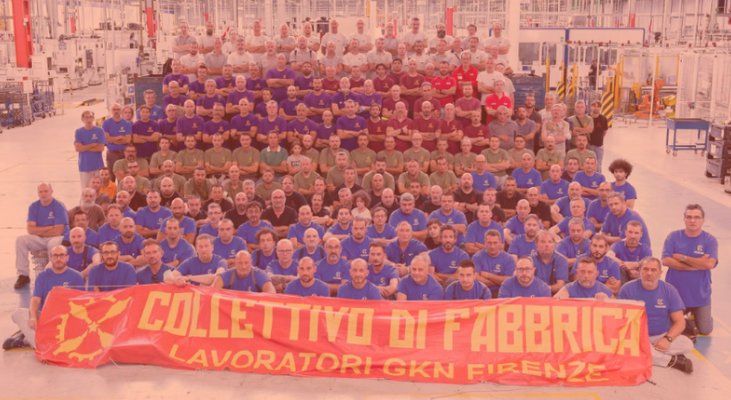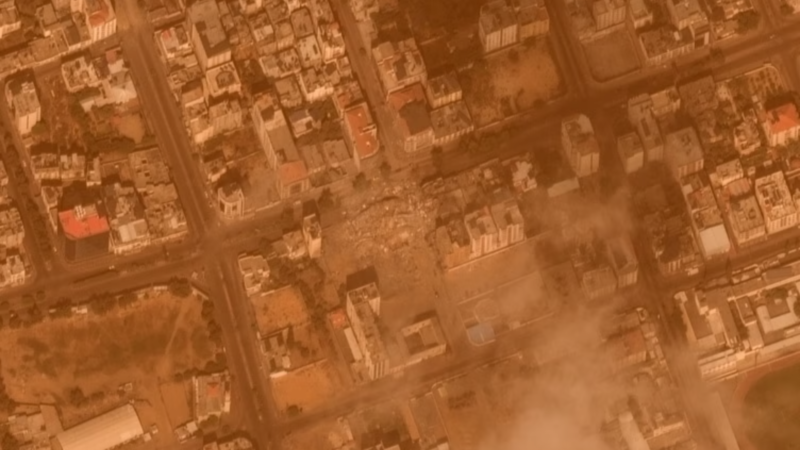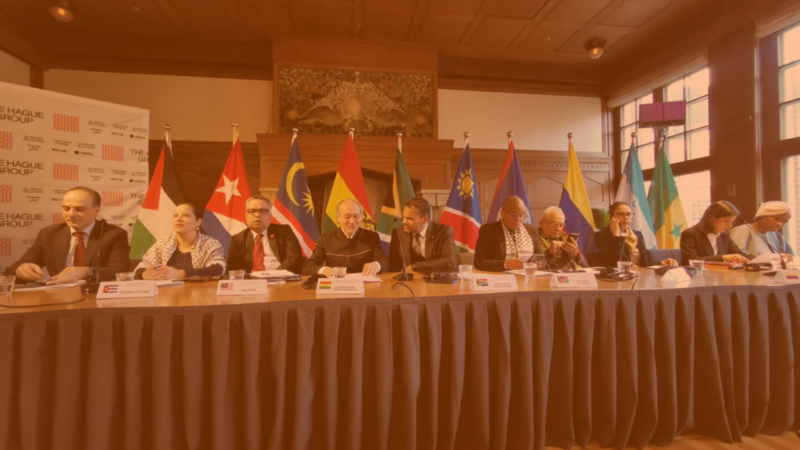The Provisional National Collective in Turkey is pleased to inform DiEM25 members with the second issue of a monthly review on Turkey’s social, economic, and cultural state of affairs.
The economy in Turkey is not only under the strain of the COVID-19 pandemic but also under the pressure of foreign policy and lasting structural problems.
Political tensions are prevalent with Moscow over Syria & Libya and irritable relations with Washington related to the purchase of Russian S-400 missile systems. Also, strains with Europe over migration and ongoing refugee flow is still ongoing.
Disputes over the oil and gas reserves in the eastern Mediterranean waters have developed into a stubborn conflict among Greece, Egypt, and Turkey. Most recently, a Turkish drilling ship has discovered a new natural gas resource in the Black Sea. This might lead to new political agreements or disagreements among Turkey, Russia, Greece, Romania, Bulgaria, and Ukraine.
The economy looks bleaker.
Turkey’s Lira, after a few months of relative stability, has reached 7.4 per US Dollar and 8.8 per Euro as historical record lows. Central Banks’s Monetary Policy Committee responded by keeping the policy rate (a.k.a. the one-week repo rate) constant at 8.25%, holding it unchanged for the third straight month. In a sense, Turkey seems to settle for a controlled devaluation of Lira, as implied by Finance Minister Berat Albayrak — who is also President Erdoğan’s son-in-law. So far, following Erdoğan’s direct and indirect interferences, the Central Bank has always been reluctant to increase the policy rate in order to favor the partisan construction capitalists’ investment projects to spur economic growth.
The more pressing issue is the foreign currency reserves of Turkey’s Central Bank, which has been going downhill since 2014. Recently, IMF Global Financial Stability Update showed that Turkey’s Central Bank’s reserves are below the critical limit to cover its short-term liabilities. This could, eventually, lead to insolvencies for some banks in the financial sector. The government has been trying to overcome the tightness by signing swap agreements, maybe saving the day but making the future more bleak. As a matter of fact, Fitch revised outlook on Turkey to negative, at BB-.
The official unemployment rate masks the actual one.
Unemployment rate in April is declared to be just below 13%, surprisingly, lower than it was in April last year. This is due to a government-introduced program called the “short-term employment allowance,” which lets companies temporarily lay off their workers, who are partially compensated by the program.
These workers are not officially counted as unemployed. Hence, the official unemployment rate masks the actual one. According to DISK (Confederation of Progressive Trade Unions of Turkey), the broad unemployment rate is almost 30%, or 10 million people.
As of July, 2020; hunger limit of a family of four is around 290 Euro, poverty limit 940; kitchen inflation decreased 1% monthly, but increased 16% annually; minimum wage is around 280 Euro, whereas monthly living cost of an employee is 350 Euro. These figures show that the overall living standard in Turkey is not satisfactory at all. As Lira continues to lose value, the purchasing power decreases.
The government either employs palliative measures or ignores the economic problems.
The rich, especially the ones closer to Erdoğan’s circle, are getting richer by winning all the public construction tenders. These projects are financed by cheap credit from state banks and backed by high traffic and revenue guarantees end up operating under the presumed capacity and the gap is paid by the government.
This, basically, is a redistribution from the people to the few at the top. In other words, socialism for the rich and capitalism for the poor…
Anıl Aba on behalf of DiEM25 PNC in Turkey
September 2020
Read Issue I of the monthly review here!
Image Source: Daily Sabah
Do you want to be informed of DiEM25's actions? Sign up here















